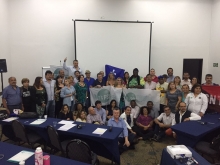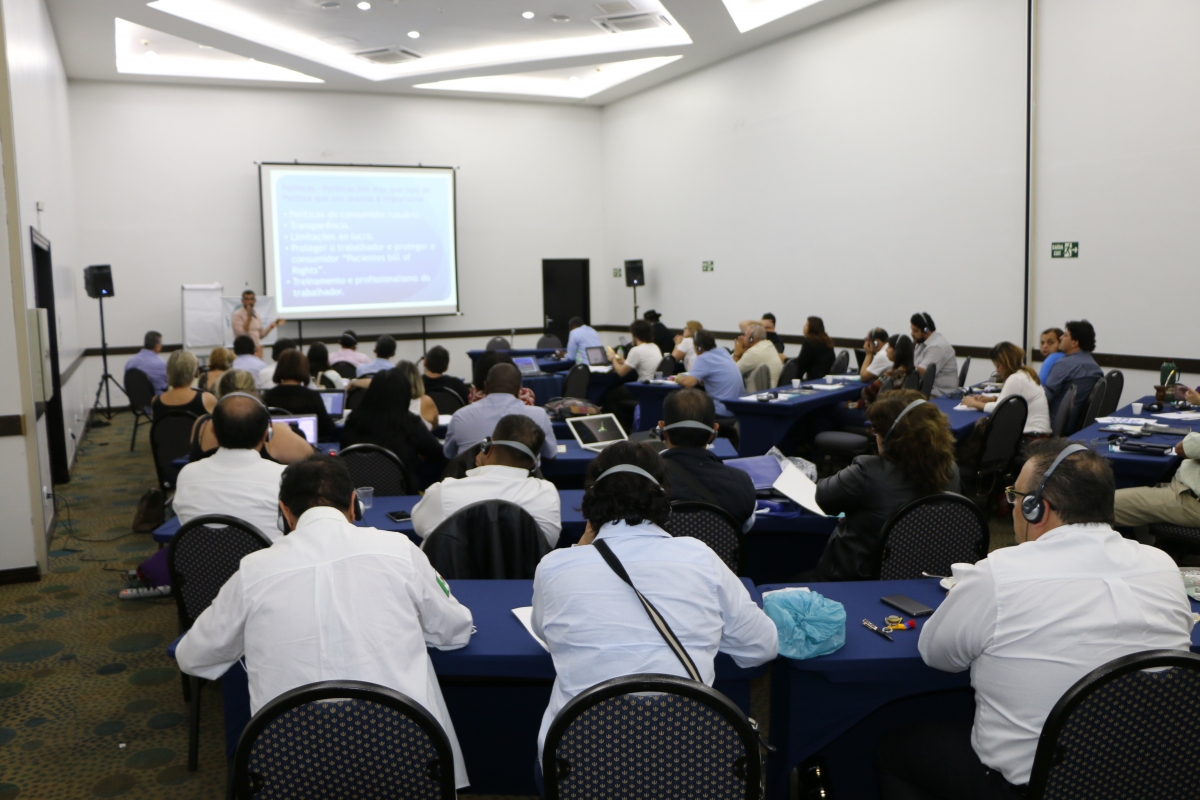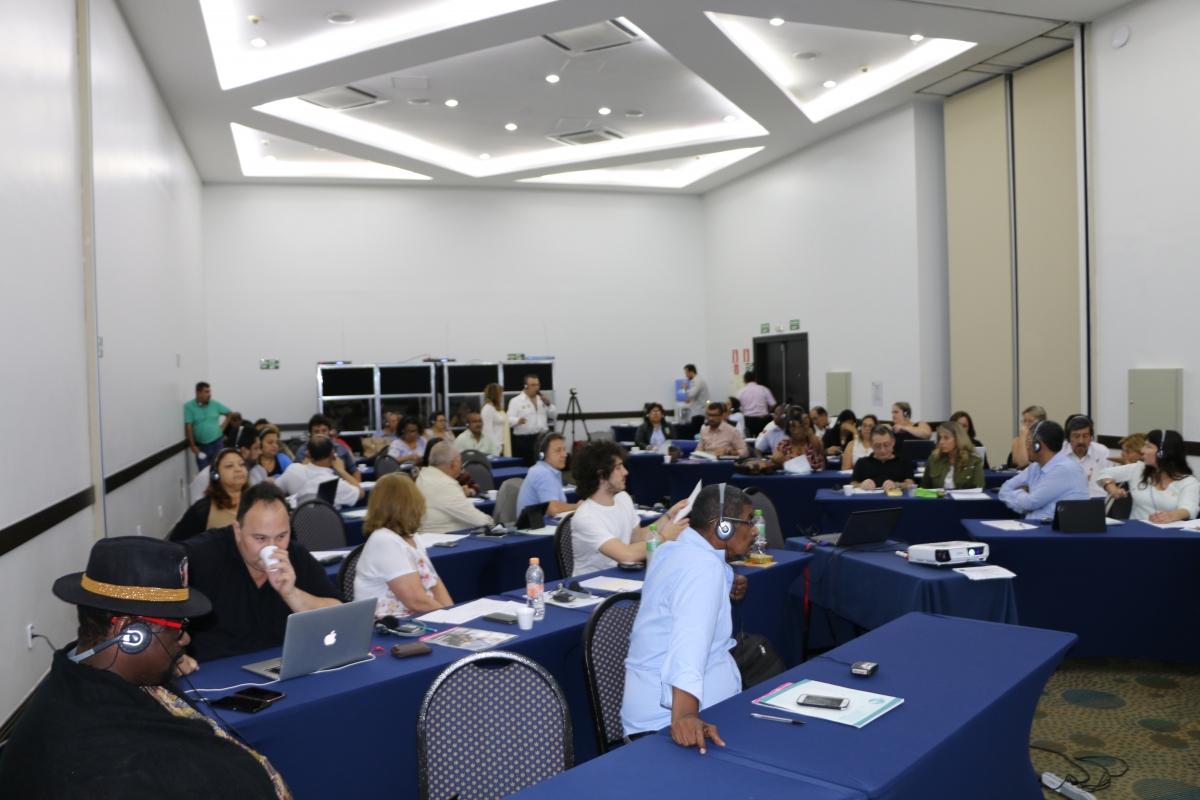Affiliates of PSI Interamerica strengthen the struggle for public health and against precarious employment in the sector


Likewise, the World PSI Campaign on the Human Right to Health, to be launched in December, received the welcome of the entities participating in the meeting, which saw it as a return to actions in defense of the right of the population to health, as a contraposition to the current reality of many countries in the region, with the increase in the privatization of this service and the precariousness of the conditions of the workers in the sector. On the other hand, good union practices to reverse these regressions in Chile, Colombia and Argentina were celebrated by the participants of the meeting.
The Unison project, which made it possible to hold the meeting, was highly valued for allowing affiliated and non-affiliated countries to form national health committees, serving at the national level as the basis of global struggles, and also that more countries (Ecuador, Peru, Costa Rica, Guatemala and Dominican Republic) were added to the five countries of the initial project (Mexico, Colombia, Brazil, Chile and Argentina).

National meeting
On November 7, PSI affiliates in Brazil held the National Seminar on Health Sector in the same place. On the occasion, a work plan was defined to react to the company United Health's growth around the world, especially in Brazil, where it has bought the Amil Group.
The partial results of a survey on working conditions in the Amil Group after their sale to United Health and a mapping of their growth in the country were presented. According to the study, there are indications that there was an increase in the volume of health care in the units of Amil accompanied by the decrease in the number of workers and the salary paid to new hires.

